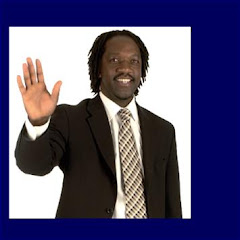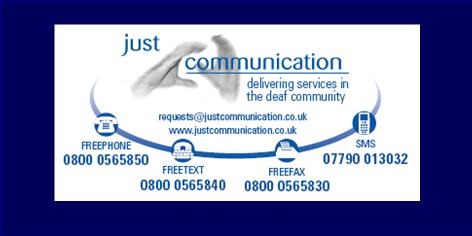RIGHTS activists have called for a programme to address HIV/AIDS among persons with hearing difficulties reports Francis Kagolo, of New Vision (23/09/11)
The activists said the deaf stood a high risk of contracting HIV/AIDS due to lack of knowledge.
The Uganda National Association for the Deaf (UNAD) advocacy coordinator, Joseph Mbulamwana, said of the over 700,000 deaf Ugandans, only about 10% could read and write.
This, he said, had limited their knowledge about the causes of HIV/AIDS, preventive measures and effective ways to live positively.
Mbulamwana said over 90% of the deaf shunned voluntary counselling and testing services due to lack of sign language interpreters at health facilities.
“There is a lot of information but it does not benefit the deaf. Many of them continue to be infected and miserably live with it unaware,” he said.
Mbulamwana added that the situation was getting worse as sections of the public thought the deaf were safe and run to them for unprotected sex.
Mbulamwana made the remarks in an interview with New Vision about this year’s national deaf week which started on Monday.
The celebrations, which are held every third week of September are meant to boost awareness about the problems faced by the deaf.
This year’s celebrations are going on in Ibanda district under the theme: “Are we Planning for the Deaf?”. They end on Friday.
Vision Group, in support of the deaf, offered UNAD free airtime in form of talk shows on Radio West, TV West and Bukedde TV to debate their grievances and advocate for the rights of the deaf. The talkshow on Bukedde TV, code named Akabbinkano was aired on Tuesday at 11:00pm.
The shows were meant to debate the grievances and advocate for rights of the deaf.
“It is hoped that after these shows, the population will be well aware of the problems faced by the deaf in trying to access their rights and that measures will be put in place,” said Doreen Pachuto Vision Group’s legal officer.
Stella Kentutsi, the executive director of the National Forum of People Living with HIV/AIDS, said the deaf had not received the necessary attention.
Mbulamwana said despite the existence of favourable legislation, a number of institutions were reluctant to offer equal treatment to people with hearing impairment.
He cited the sh3b Government grant given annually to districts meant to help persons with disabilities, that in some cases went unutilised.
Friday, 23 September 2011
Subscribe to:
Post Comments (Atom)






No comments:
Post a Comment